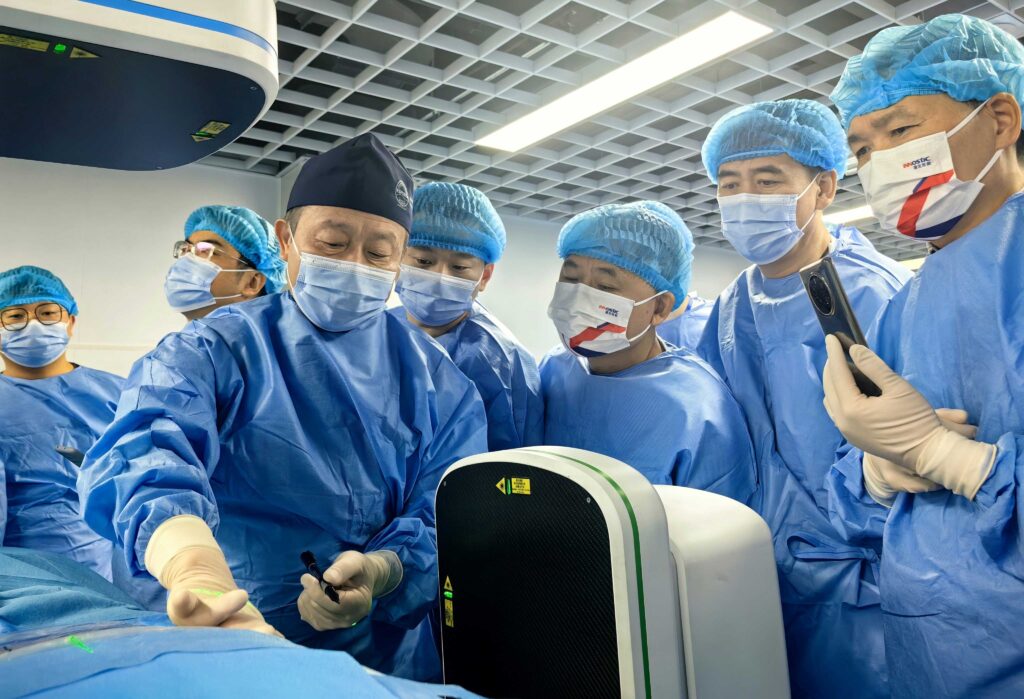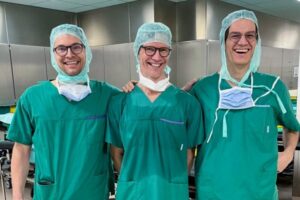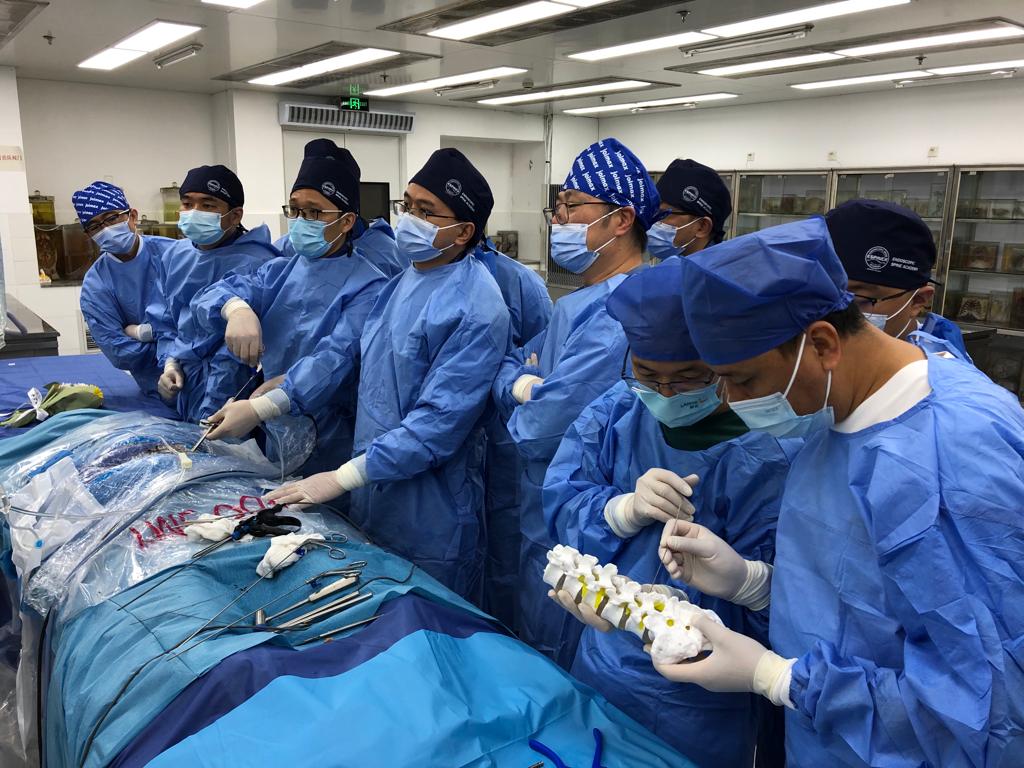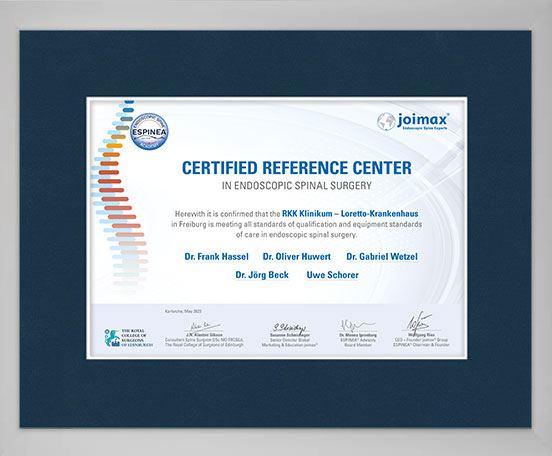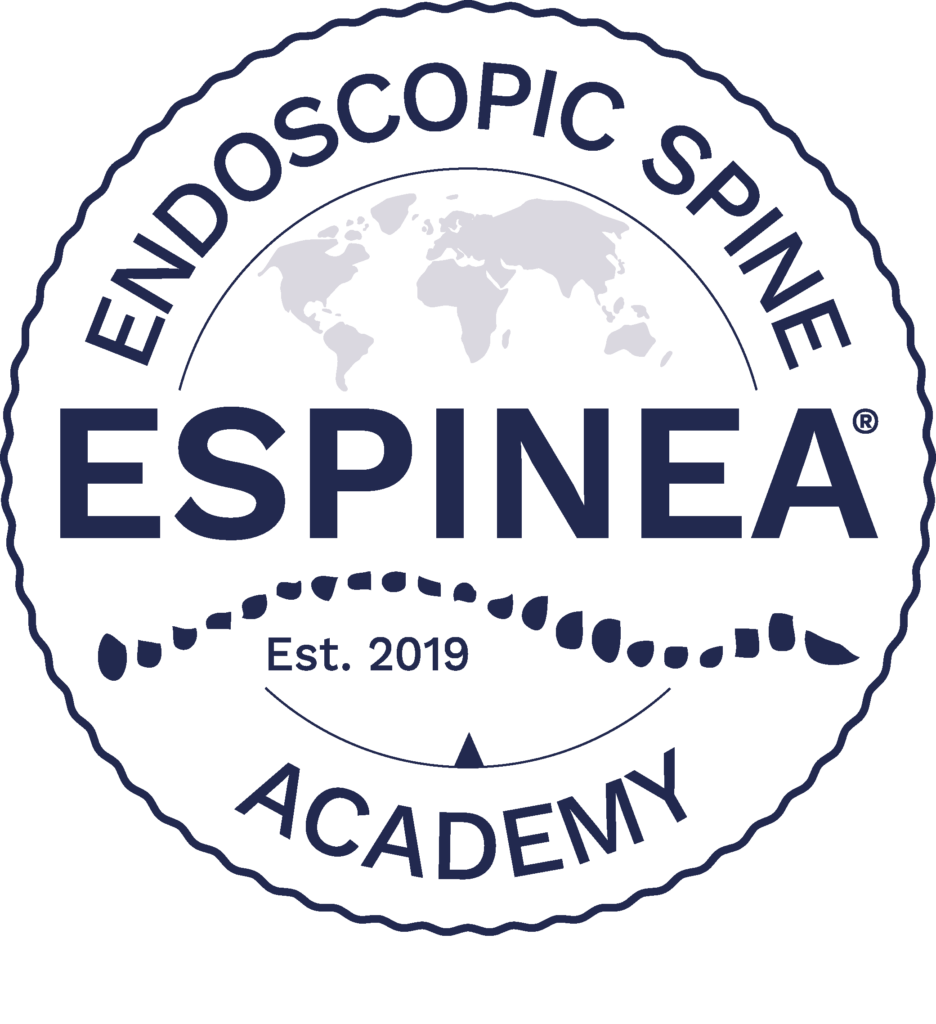About the CM3 Program
The 3-step training program emphasizes equally theoretical and practical education. After participation in surgeries at selected training centers, the surgical techniques will be trained step-by-step in a hands-on workshop.
Finally the surgeon can operate on his own patients supported by a faculty. The CM3 program contains three steps: Visitation, Hands-on Workshop, First Surgery
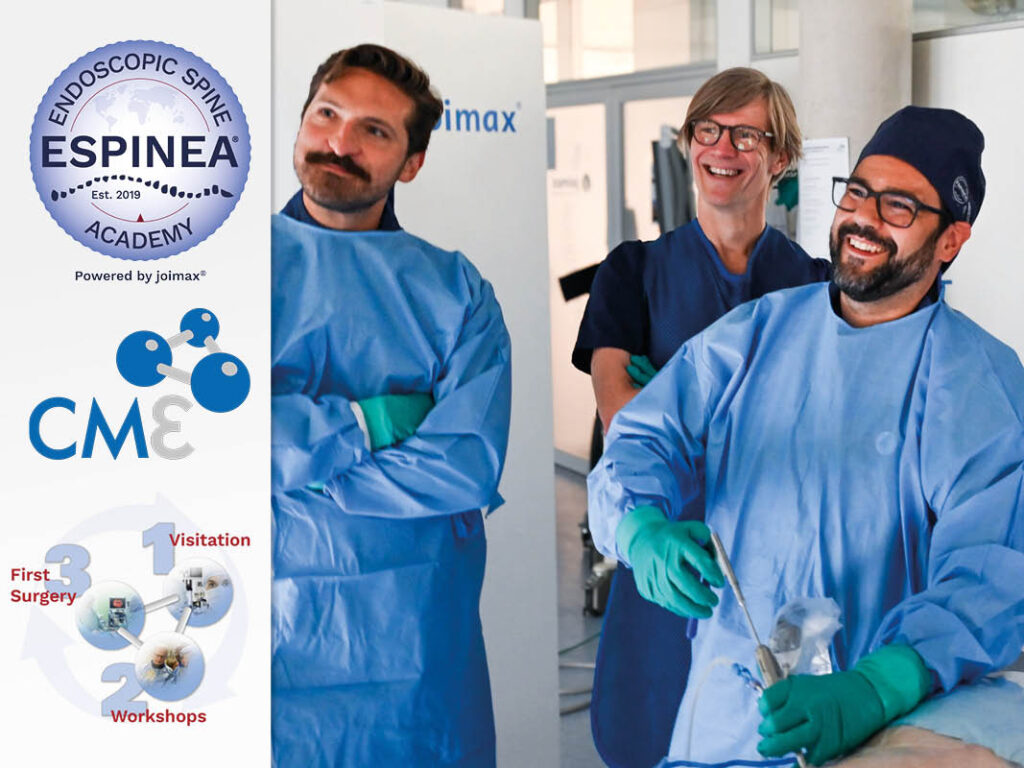

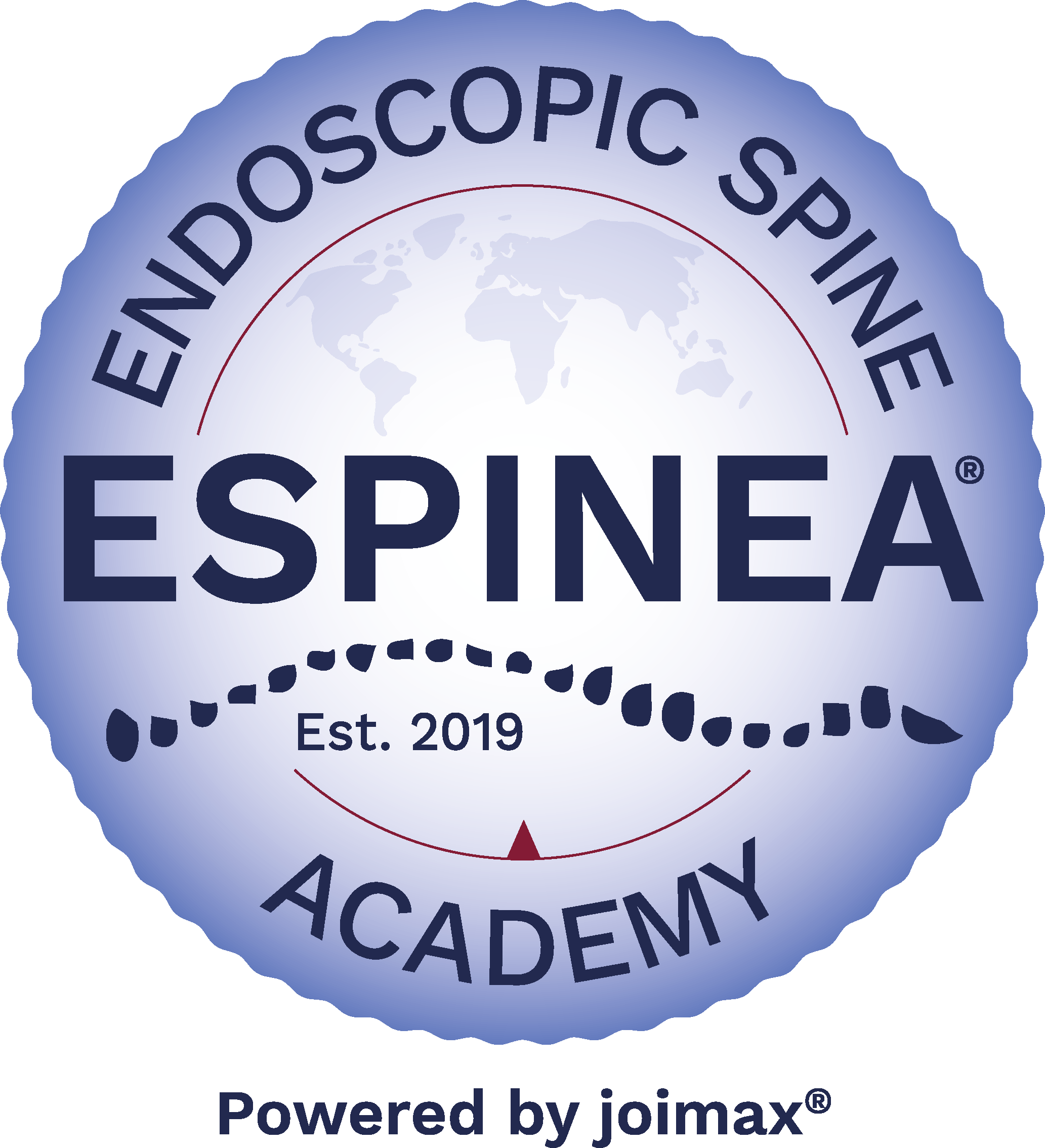
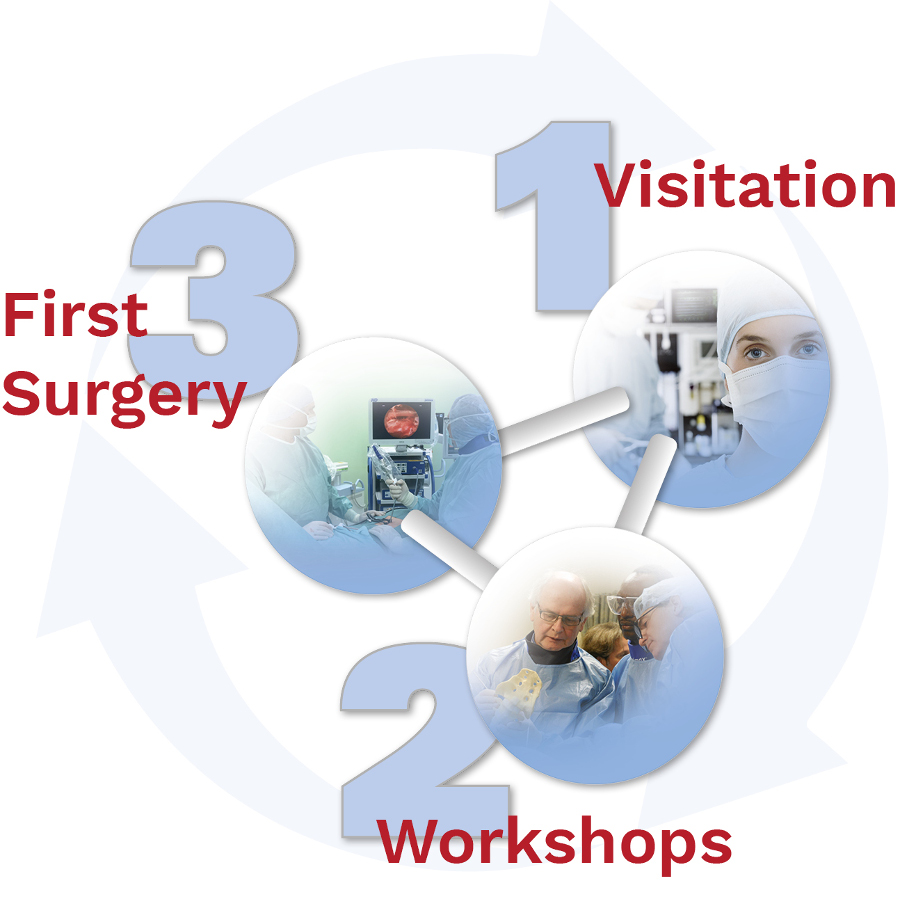
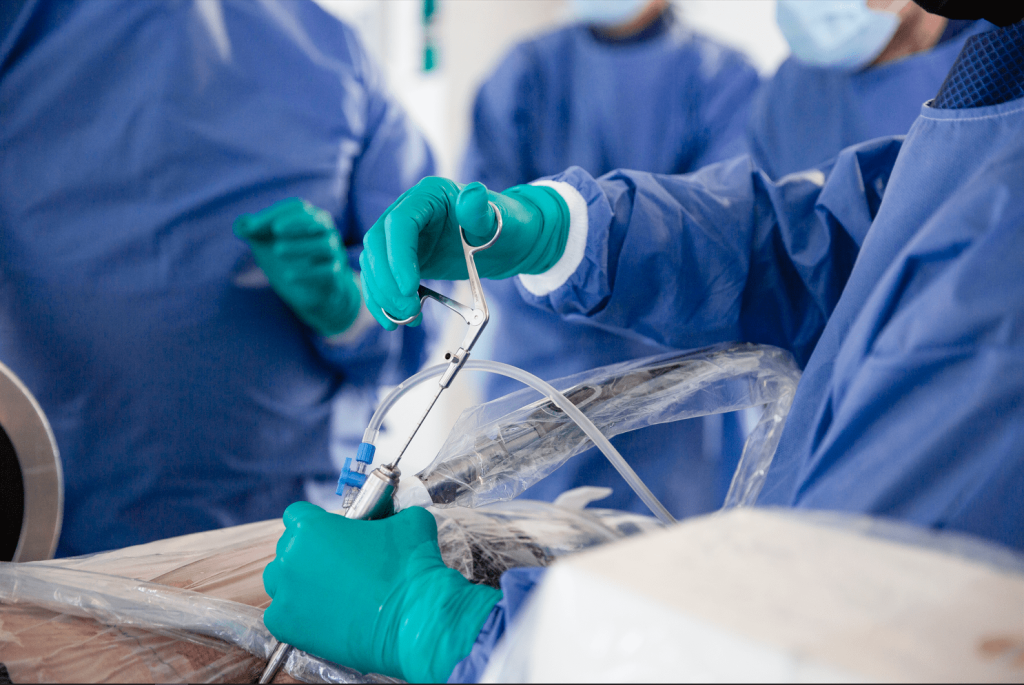 First interested surgeons get familiar with the surgical techniques and gain their first live-experience during an internship in one of the partner hospitals.
First interested surgeons get familiar with the surgical techniques and gain their first live-experience during an internship in one of the partner hospitals.